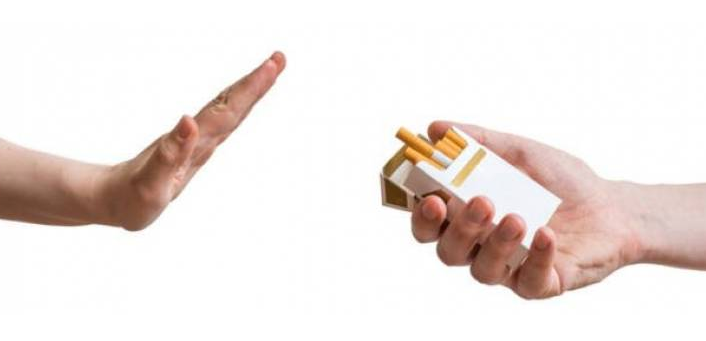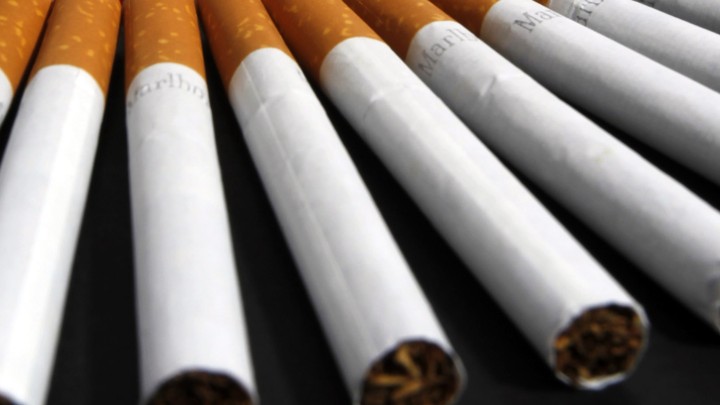According to some despairing Labour MPs, Alan has only to signal the tiniest flicker of interest, and there will be a putsch. All he has to do is almost imperceptibly incline his brow, and they will storm Ed Miliband’s office, hurl the fool from the window, and crown Johnson the leader without even the formality of an election. Such is the gloom, apparently, that now envelops the Labour rank and file.
It has reached the point where they may actually do something about it. They may summon the nerve to switch leaders with six months to go, in the hope that a new Labour leader would be swept in on a wave of ignorance and over-optimism and honeymoon-style enthusiasm.
If that were so, then the logical thing would be for the Tories to start a campaign to save the Panda. It would be in our interests to protect the poor beleaguered Lefty, leave him there masticating his bamboo shoots – in case he is replaced by someone more threatening. If all this stuff about an anti-Miliband plot is true, then it is time for Tories to save Miliband for the nation. We should all chip in to fund his much-ballyhooed American strategists, who seem to be giving the Labour leader such excellent – from the Tory point of view – advice.
I am offering myself as the founding president of the save the Panda campaign; or at least I would, if I thought he was really at risk. As it happens, I don’t think for one minute that Labour is going to junk its leader, inadequate though he is. They know that their rules don’t make it easy, and in their hearts they must know that Miliband is by no means their only problem. The problem is the Labour Party, and what it is supposed to believe in.
It was only a few years ago that every Labour Party member had a card that proclaimed his or her belief in the common ownership of the means of production, distribution and exchange. Tony Blair very sensibly got rid of that nonsense. But what is the core Labour proposition today?
The core Tory proposition is that a strong and enterprising free market economy will allow us to build the homes and create the jobs we need – while generating the tax to help the needy. What does “socialism” mean, these days? Whenever Ed Miliband does come up with a concrete policy, it starts to unravel fast. I have been struck by the timing of the latest bout of rebelliousness. I believe it coincides with the unveiling of their flagship policy to put a new tax on property – called a “mansion tax”, but in reality a tax that would hit large numbers of people in London who happen to be living in pricey homes, but who do not necessarily have high incomes.
Tessa Jowell has come out against it, and so has David Lammy and Sadiq Khan and other London Labour MPs. They know it will clobber many of their own Labour-voting constituents; and in at least some cases the MPs themselves would be in the line of fire.
The Labour nomenklatura are at last waking up to the horror of what a Labour government would mean – paying tens of thousands of pounds just for the right to live in the family home, a home that they have done up and improved over the years without realising that they would be punished for their efforts. That is why they are so recklessly running down Miliband, and briefing against him at every opportunity. They know that it is bad for the party, and they know that they have no serious alternative; but frankly they don’t care. I think a lot of them have secretly come to the conclusion that it is in their own financial interests to lose the election – and they want Miliband to do so. They should be encouraged in that view.
![]()


